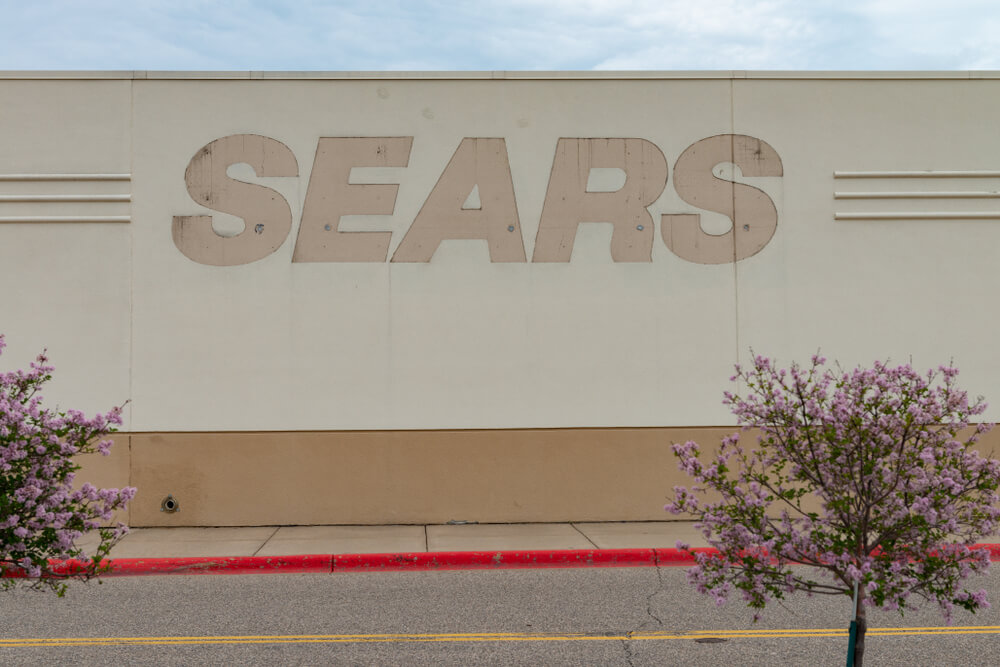Former and possible future Sears owner Eddie Lampert’s firm offered $4.6 billion last week to buy iconic department store Sears out of bankruptcy court and return him to his corner office he vacated when the company filed Chapter 11 this fall.
But why?
Assuming by his brilliant past, Lampert must know something the rest of us don’t, but what could it possibly be?
Forbes took a look at four intriguing theories about why anyone would want to own the failing giant that was once the greatest retail force — the Amazon of its day — in the U.S.
1. Something For Nothing: The headlines may read $4.6 billion, but in fact, the actual cash Lampert will put into this might fit on the head of a Craftsman drill bit. This is an asset purchase, after all, not a deal to buy the company as is, so it relies heavily on debt – yes, more debt, as if that’s even possible – to finance the deal. Lampert’s out-of-pocket investment would be minimal or perhaps even nonexistent. “Nothing ventured, maybe something gained” is how to explain it all, say some.
2. I Fought The Law … And I Won: Others say this is all about legal protection for Lampert. By reacquiring the company, he short-circuits any attempt by other potential suitors to get inside the Sears books and find out what kind of things may have actually been going on. If he owns the place, they say, he won’t sue himself, potentially saving himself billions in legal fees and judgments. Of course, no one knows if there is anything to be found in the first place.
3. Trailer For Rent Or Sale: As Lampert controls the real estate for many of the best Sears locations through his Seritage spin-off, he needs the money a functioning, operational Sears would pay in rent to support that company. A different outcome for Sears could have the entire joint liquidated, leaving Seritage – and Lampert – with a lot of vacant space and a severely reduced rent roll. As the new Sears owner, he could continue to shut down stores in a measured way rather than a one-time drastic move, managing his incoming cash flow much better.
4. Taxman: As neither an accountant nor a tax specialist, I find it difficult to figure out what tax advantages Lampert and ESL might gain by making this deal, but some are theorizing that indeed this is his real motivation. There’s no doubt Sears has racked up lots of losses over the past decade that could be used to offset profits from another business, so there could be something to this. Only his tax attorneys know for sure.
No doubt there are other theories floating around out there, including one that suggests that Lampert’s emotional attachment to Sears has gotten the better of him and that he needs to prove he has been right all along about its potential to be a profitable, ongoing retail concern. Others who have followed Lampert for nearly 15 years say no way, he is all about the bottom line, not top of mind.
Whatever the reason, whatever actually happens, Lampert’s potential Retail Apocalypse Redux has given everyone who has loved all of this yet another chance to follow his machinations.




